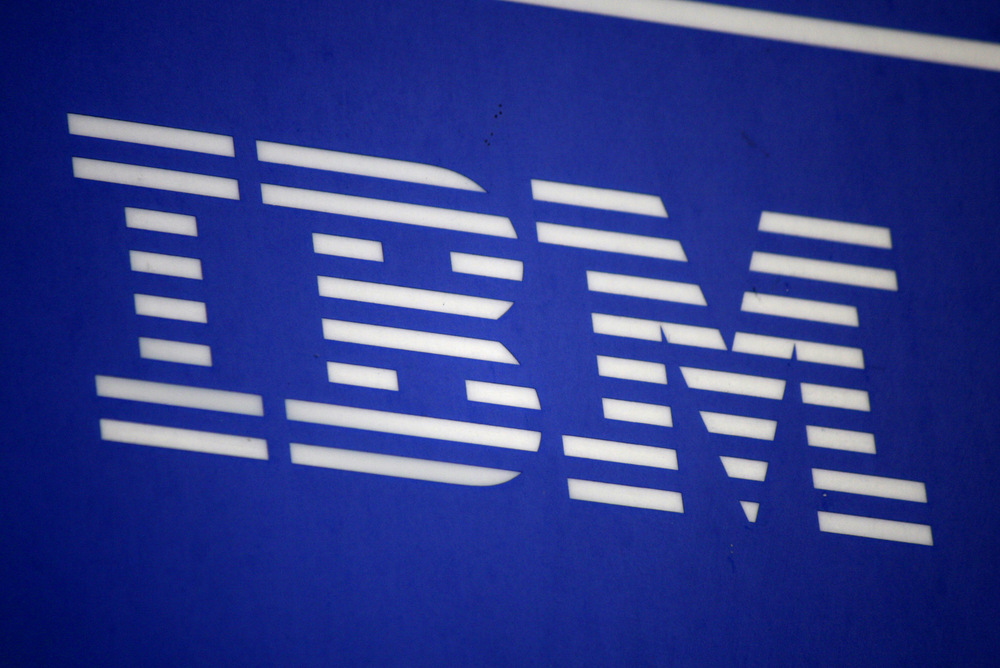 Multinational technology and consulting corporation, International Business Machines Corporation (IBM), has partnered with Memorial Sloan Kettering to explore the potential application of cognitive computing in examining images of skin lesions, in the hope of aiding physicians in identifying varying states of cancer.
Multinational technology and consulting corporation, International Business Machines Corporation (IBM), has partnered with Memorial Sloan Kettering to explore the potential application of cognitive computing in examining images of skin lesions, in the hope of aiding physicians in identifying varying states of cancer.
Skin cancer is the most commonly diagnosed cancer in the US, accounting for nearly 5 million Americans seeking treatment every year, which costs the economy approximately $8.1 billion. Melanoma, while rare, is the most fatal type of skin cancer, causing almost 9,000 cancer-related deaths every year.
“Given the incredibly high incidence and mortality rate of skin cancer, there’s a real opportunity to have a clear and significant impact on the health and longevity of individuals on a global scale,” Dr. Noel Codella, IBM Research Staff Member, and IBM Technical Coordinator for the collaboration, said in a press release. “At IBM, we are uniquely equipped to help tackle this problem with our expertise in cognitive computing, including machine learning and visual analytics.”
IBM’s cognitive computing technology is designed to learn specific patterns in medical images, which can increase skin cancer diagnoses efficiency and accuracy. The Chief of Dermatology Service at Memorial Sloan Kettering, Dr. Allan Halpern, said that while there are a good number of treatment options available for skin cancer, positive patient outcomes largely rely on early detection and accuracy in diagnostics. “However, accurately distinguishing the earliest cancers from concerning benign lesions can be very challenging even for dermatologists, so having the aid of analytics that can recognize medical images and detect small variations over time could vastly improve patient prognoses,” he added in the press release.
Today’s diagnostic accuracy for skin cancer varies, depending on the clinician, institution, and available tools and expertise. However, even with the most ideal conditions, diagnostic accuracy still falls between 75% to 84%, as the most pivotal findings in these images are very easily overlooked.
IBM is aiming to provide an intelligent, sensitive, and precise physician aid through the use of cognitive visual technology, able to learn to look for certain patterns from large selections of research data, and perform rigorous measurements in less time. These taxing and extremely detailed measurements include color distributions, texture patterns, shape, and edge information. IBM is also working on integrating the technology with algorithms that can measure temporal morphological progression of lesions, or deviations from what is considered normal for a single patient or sub-population.
Preclinical tests on standardized dermoscopy images with more than 3,000 cases of melanoma, and atypical and benign lesions showed IBM’s novel technology recognized disease states with an impressive 97% sensitivity, and 95% specificity.


